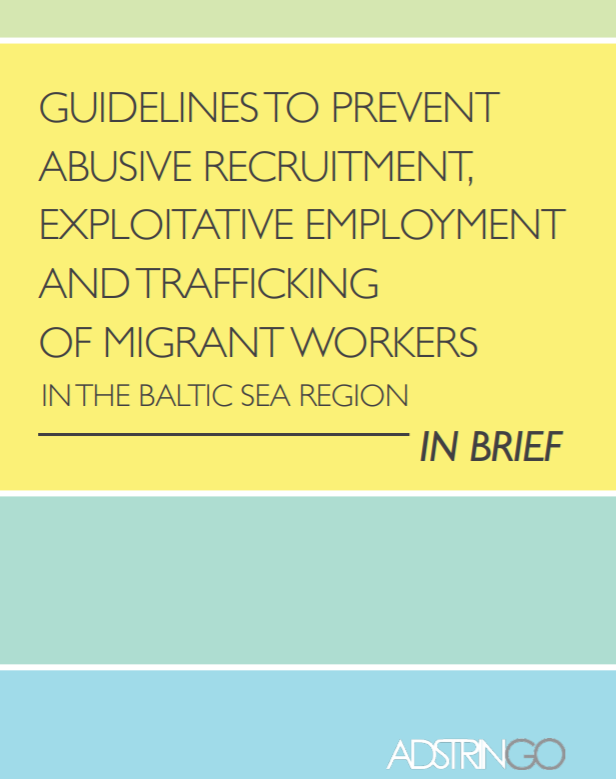Design of a Privacy-Preserving Data Platform for Collaboration Against Human Trafficking
News & AnalysisGuidanceGood PracticesGraphics & InfographicsCase records on identified victims of human trafficking are highly sensitive, yet the ability to share such data is critical to evidence-based practice and policy development across government, business, and civil society. We propose new methods to...Read More

